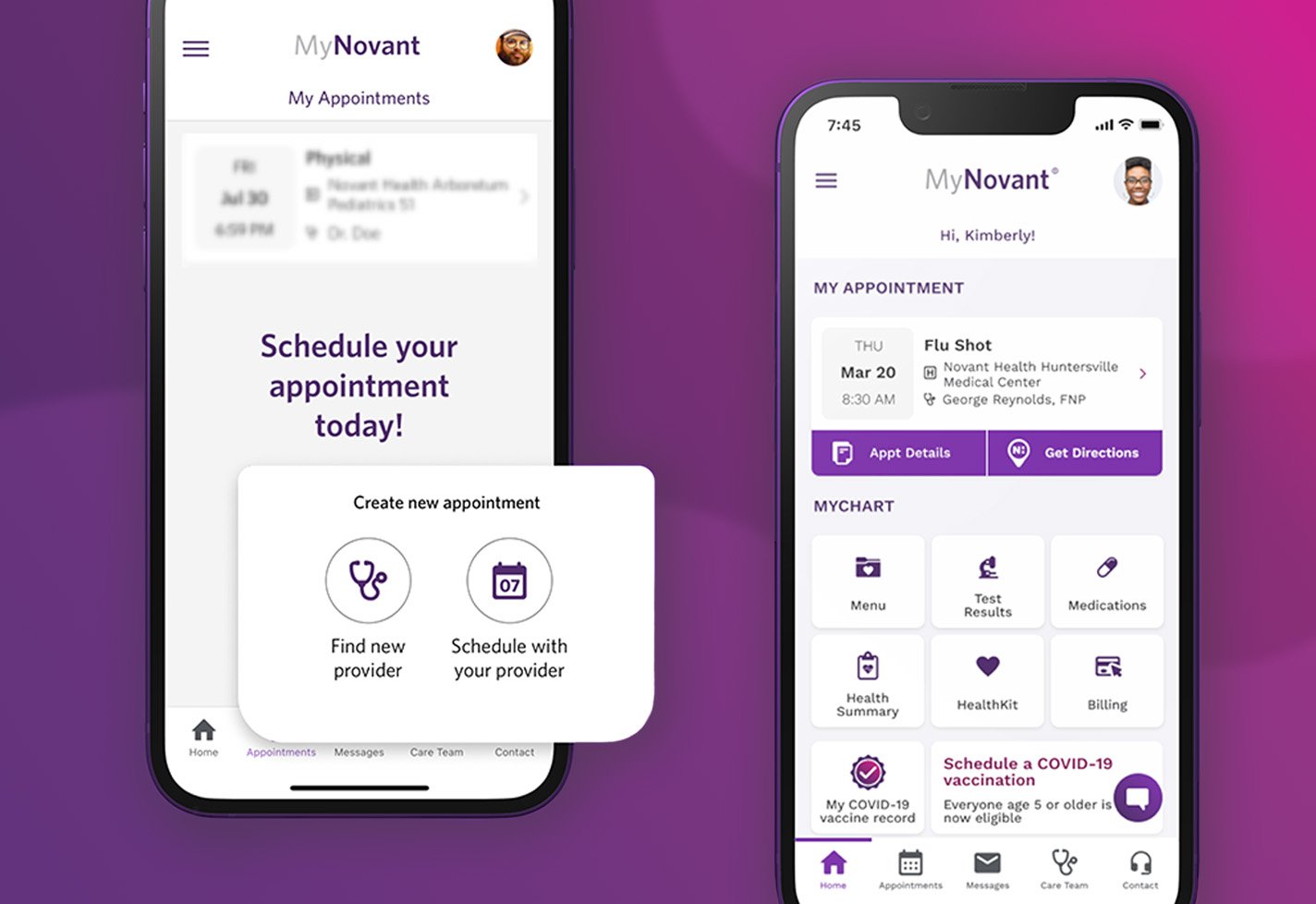Coronary Artery Disease
Reduce your risk of heart attack.
Our heart and vascular surgeons, cardiologists and specialists develop a plan as unique as you are to prevent or reduce the risk factors of the country's leading cause of death.
Take the First Step
If you believe you are at risk for heart disease, it’s time to take the first step in improving your cardiac health. Visit your primary care provider to discuss your heart health to see if you need a referral to one of our heart specialists. If you do not have a primary care provider, follow the steps below to get started:
Step 1:
Visit your Primary
Care Provider
Step 2:
Discuss your
concerns
Step 3:
Your provider gives
a referral
Step 4:
Choose the right
specialist for you

Types of coronary artery disease
You have four primary arteries supplying blood to your heart: left anterior descending artery, left circumflex artery, left coronary artery and right coronary artery. You may experience one of three types of coronary heart disease in these arteries.
- Nonobstructive coronary artery disease (with improper constriction)
- Obstructive coronary artery disease (with blockages or narrowing due to plaque buildup, known as atherosclerosis)
- Spontaneous coronary artery dissection (SCAD) (when artery layers split)
Coronary artery disease causes and risk factors
Some coronary artery disease risk factors are simply out of your control. A family history of the disease increases your risk, as does aging and your sex (higher risk for those assigned male at birth).
Risk factors that can be controlled include:
- Smoking or significant second-hand smoke exposure
- High blood pressure (hypertension)
- Obesity and inactivity
- Diabetes
Coronary artery disease symptoms
In many cases, you may not know you have coronary artery disease until you have a heart attack (myocardial infarction). Heart attack symptoms may include:
- Angina (chest discomfort)
- Dizziness
- Fatigue
- Nausea or indigestion
- Physical weakness
In addition to chest pain, you may also feel pain or discomfort in your shoulders, arms, neck, jaw, back or abdomen.
How coronary artery disease affects you
If you have coronary artery disease, you can take steps to reduce your risk of a heart attack. If you experience heart attack symptoms, call 911 or have someone take you to the nearest emergency room immediately.
Diagnosing coronary artery disease
When you report your symptoms to your cardiologist, they may recommend one or more of the following tests to learn more about how well your heart is functioning:
- Blood tests
- Coronary calcium scan
- Coronary angiogram
- CT angiogram
- Echocardiogram
- Electrocardiogram
- Nuclear imaging
- Stress tests (exercise or pharmacologic)
Treatment for Coronary Artery Disease
Who Treats Coronary Artery Disease?

General, nuclear and interventional cardiologists
Your primary care provider may refer you to a general cardiologist if they determine you would benefit from further diagnosis and testing. Your general cardiologist may then refer you to, and consult with, one or more specialists, including a:
- Nuclear cardiologist, who uses advanced imaging techniques to evaluate how well your heart is functioning and identify the precise location of coronary artery blockages or narrowing.
- Interventional cardiologist, who may be able to perform a minimally invasive surgical procedure to address your condition.
- Cardiothoracic or cardiovascular surgeon, who perform a more complicated, minimally invasive or open procedure to treat coronary artery disease.
These specialists are part of a multidisciplinary care team that will create and execute your treatment plan.

MyNovant app
With the MyNovant app, it's never been easier to manage your health. You can schedule appointments, view test results, refill prescriptions and even have virtual visits right from your computer or smartphone. Available on the Apple App Store and Google Play.
